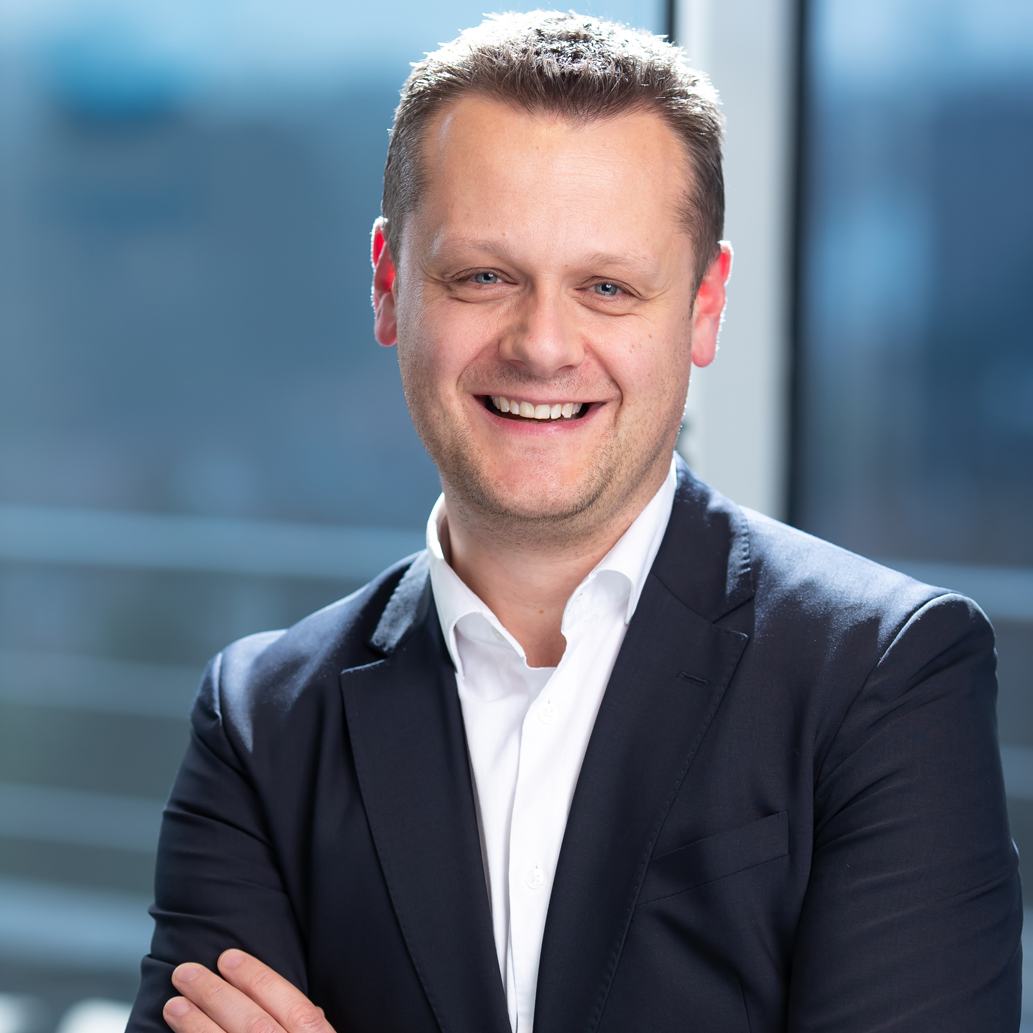In this digitally saturated world, where insurers vie for attention through algorithms, the human touch diminishes. Founded in 1912, the year Titanic sank, D&G has legacy to call on but, above all, it has determinedly maintained that important human link. Whilst its unlikely to find employees passionate about broken washerdryers, recruiting for compassion, mindfulness and understanding is proving a core differentiator.







